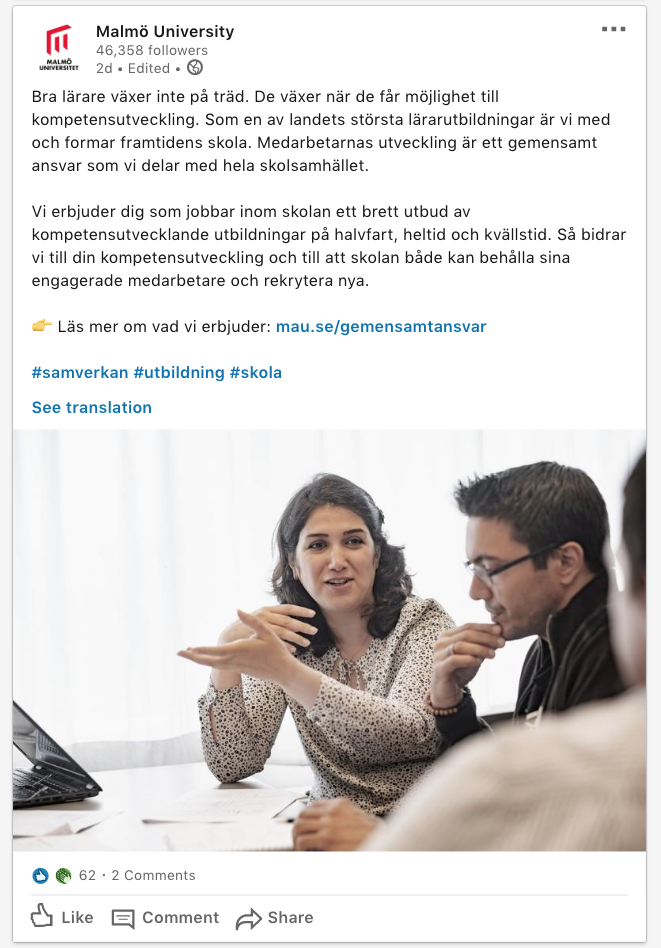
Academic freedom is a fundamental right that ensures professors and students can conduct research, teach, and discuss ideas without fear of institutional censorship. This right is enshrined in many of the founding documents of higher education, including the American Association of University Professors’ 1940 Statement of Principles on Academic Freedom and Tenure, which affirms that “Academic freedom is essential to these purposes and applies to both teaching and research. Freedom in research is fundamental to the advancement of truth.”
Academic freedom is essential for the advancement of knowledge and the protection of academic integrity. It is also beneficial for universities and colleges, providing them with the ability to recruit the best faculty and students and attract high-level research funding. Additionally, it provides an environment in which creativity and innovation can thrive. In practice, academic freedom enables faculty to pursue research and teaching in any field of their choosing and to express their views in the classroom and the curriculum, irrespective of their popularity or controversy. Similarly, students are allowed to challenge and debate ideas in the classroom without fear of repercussions, promoting critical thinking and the exploration of diverse perspectives.
In conclusion, academic freedom is an integral part of a free and open society, essential for the continued advancement of knowledge and the protection of academic integrity. It should be respected and protected in order to ensure the continued growth of knowledge and the success of academic institutions.



